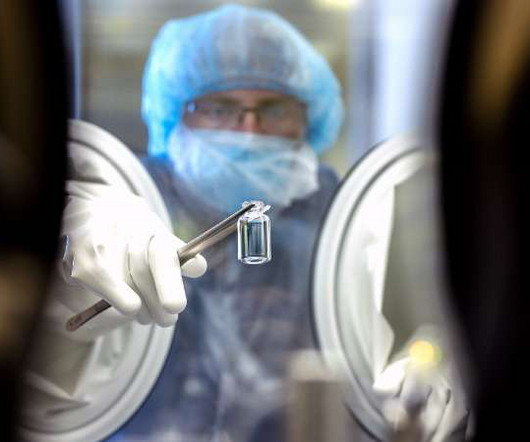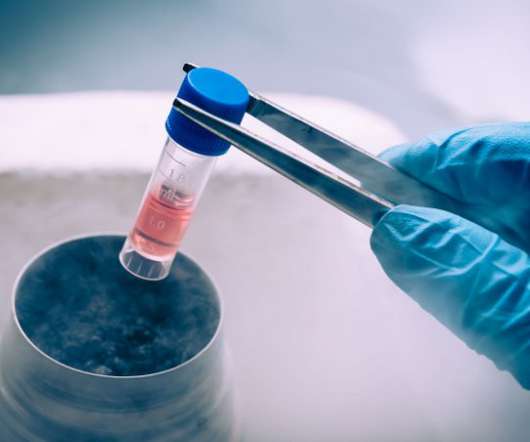Accelerating recombinant protein vaccine discovery
Drug Discovery World
FEBRUARY 14, 2024
While a typical chemisty, manufacturing and controls (CMC) timeline from DNA to Investigational New Drug (IND) application in 2015 would have been approximately 24 months, by 2023 the same pathway was expected to take only 10 months. In particular, we must work to accelerate recombinant protein vaccine development.













Let's personalize your content